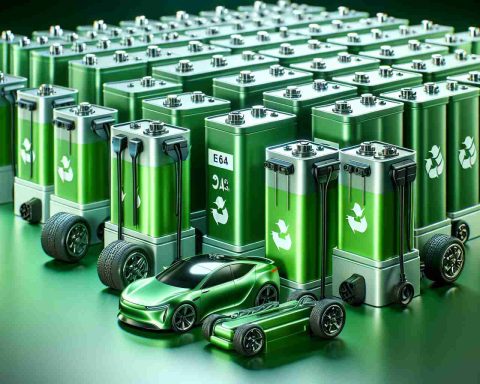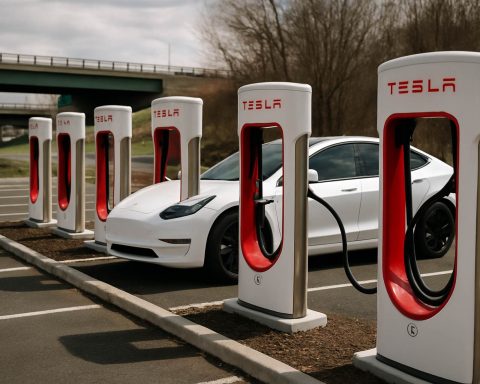Solid-State Batteries
Solid-state batteries are a type of electrochemical cell that utilizes solid electrolytes instead of the liquid or gel electrolytes found in conventional lithium-ion batteries. This design allows for a higher energy density, improved safety, and potentially longer life cycles. The solid electrolyte can be made from various materials, including ceramics or solid polymers, which facilitate ion conductivity while eliminating risks associated with leakage or flammability seen in liquid electrolytes.Due to their robust nature and scalability, solid-state batteries are being considered for a wide range of applications, including electric vehicles (EVs), portable electronics, and renewable energy storage. They promise enhanced performance characteristics, such as faster charging times and a broader temperature operating range. Research is ongoing to optimize their manufacturing processes and reduce costs, aiming for commercial viability that could revolutionize energy storage technology in the near future.











